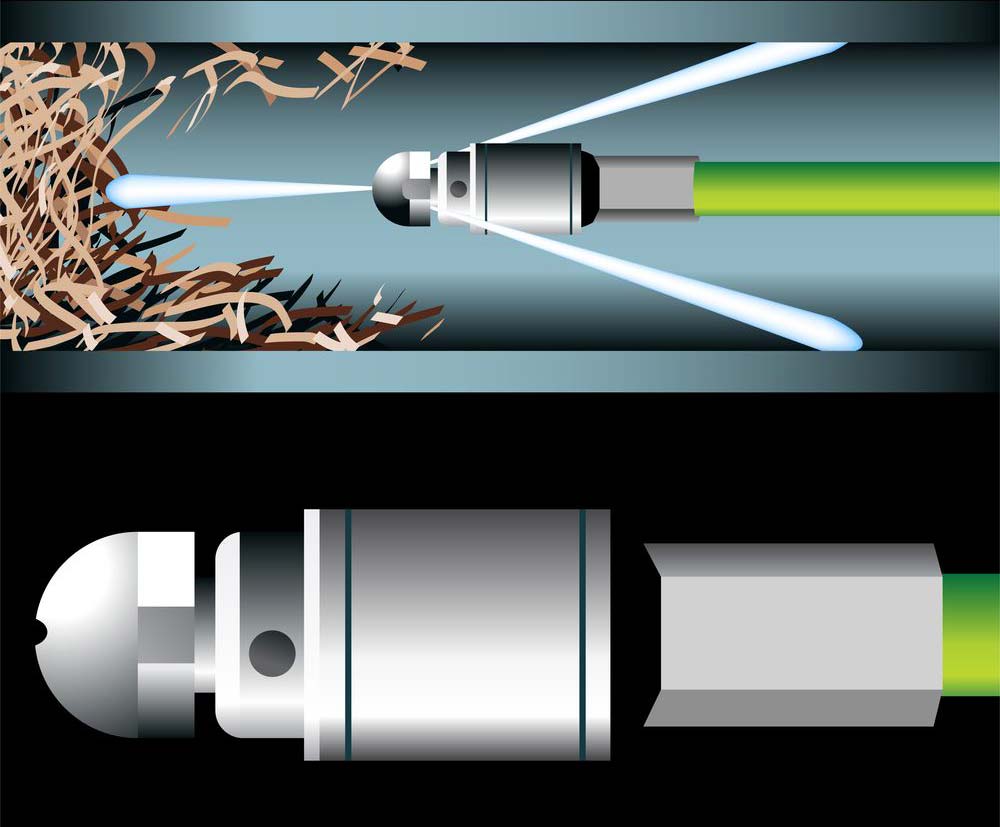How Much Does It Cost To Convert From Septic To Sewer?
If you’re not in the country, or your septic tank is starting to give you problems, you might be wondering how much it costs to convert from septic to sewer. Converting from septic to sewer can be expensive, but there are ways to make it more affordable. Here’s what you need to know about converting from septic to sewer.

The average cost to convert from septic to sewer is $10,000. This includes the cost of connecting to the municipal sewer system and the cost of decommissioning your septic tank. However, the total cost will vary depending on the size of your property and the distance from the nearest sewer connection.
There are a few ways to make converting from septic to sewer more affordable. One way is to connect to a community sewer system instead of the municipal system. This can be less expensive because you won’t have to pay for the construction of a new sewer line. Another way to save money is to install a low-flow toilet, which uses less water and therefore creates less sewage. Finally, you can reduce the size of your septic tank, which will also reduce the cost of converting to sewer.
- If you’re considering converting from septic to sewer, it’s important to consult with a professional to find out what the best option is for your situation. A professional can help you determine the cost of conversion and identify any potential problems that could arise. With the right planning and preparation, converting from septic to sewer can be an affordable way to improve your home’s sewage system.
- There are a number of benefits to converting from septic to sewer. Perhaps the most obvious benefit is that you will no longer have to worry about maintaining your septic tank. A septic system can be expensive and time-consuming to maintain, while a municipal sewer system is much easier to manage.
- Another benefit of converting to sewer is that you will have access to better water quality. Septic tanks can sometimes release pollutants into the environment, while a municipal sewer system connects to a treatment plant that removes these pollutants before the water is released back into the environment.
- Finally, converting from septic to sewer can help you save money on your water bill. A septic system requires water to operate properly, while a municipal sewer system does not. This means that you will be using less water overall, which can lead to significant savings on your monthly water bill.
Overall, there are a number of benefits to converting from septic to sewer. A municipal sewer system is more reliable and easier to maintain than a septic tank, and it also provides access to better water quality and savings on your water bill. If you’re considering converting from septic to sewer, consult with a professional to find out if it’s the right option for you.
When converting from septic to sewer, there are a few basic steps you need to take. The first step is to contact your local municipality and find out if they offer hydrojet sewer line service in your area. If they do, you’ll need to get a permit to convert from septic to sewer. You’ll also need to have your septic tank pumped and inspected, and you may need to install a new sewer line. Once all of those things are taken care of, you can officially convert from septic to sewer.

https://www.google.com/maps?cid=9085182458872637476